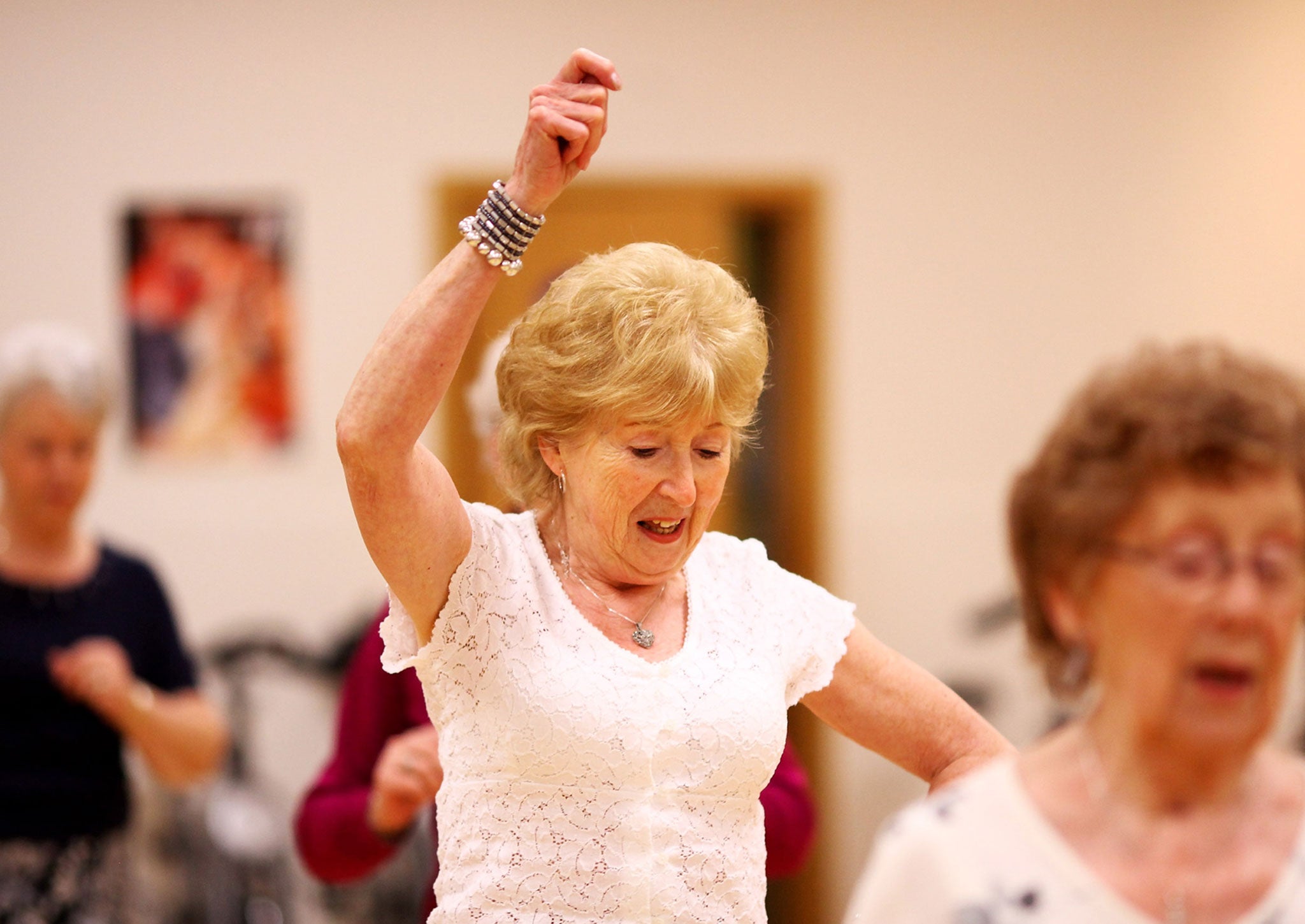So the retired are living the life of Riley? Take a look at the true figures
Income of UK pensioners still lags far behind most of Europe


If you are – how shall I put this – of a certain age, you could be forgiven for feeling just a little beleaguered. From the Chancellor’s Autumn Statement to figures released by the Office for National Statistics a couple of days ago, the burden of most analysis can be summed up like this. While hard-working families have experienced plummeting living standards as a result of the financial crisis (or this wicked government’s cuts – take your pick according to your politics), pensioners have been lavishly featherbedded, and all because the Government wants to keep them sweet.
Among the figures cited in support of the “mollycoddled oldies” thesis, the most striking come from the ONS. According to these, the median income of retired households in the UK grew by 5.1 per cent between 2007/8 and 2011/12, while that of non-retired households over the same period fell by 6.4 per cent. The generations, it might be concluded, really are spinning apart.
Cue an anti-pensioner offensive. Given that our senior citizens are doing so splendidly, is it not time to reconsider the winter fuel allowance and the bus pass, and the free television licence for over-75s, or at least to apply a means test? As for the “triple lock” – this government’s guarantee that the state pension will rise annually by 2.5 per cent, the rate of inflation, or average earnings – whichever is highest – surely this is out of date. Why should all those hard-working families be subsidising the retired, who are clearly living the life of Riley?
This has been the argument of numerous economic think-tanks in and around the Autumn Statement. It was also heavily hinted at in a report of the ONS findings on the Today programme – prompting pensioners to demand that the corporation state not only the percentage figures for changes in household income, but the comparative figures in actual money. When, about an hour later, these figures were broadcast, they showed pensioners’ supposed privileges in a rather different light. It turned out that, despite the 5.1 per cent rise of the past five years, pensioner households were still worse off on average than non-pensioner households, by more than a third.
This should be starting point for a serious pensioner fightback. For if the comparative position of retired households has improved since 2007/8, what does this say about their situation before? The income of UK pensioners still lags far behind that of most pensioners elsewhere in Europe, in part because of the paltry level of the state pension, in part because of the inadequacy of many private schemes. Public sector employees are the exception here, which is why – for those in the know – there is so much resentment.
Yes, those who retired in the past decade or two have truly never had it so good. Their company pensions bore some relation to their salary; annuity rates were comparatively high, and homeowners made a mint from house-price inflation. So long as their health holds out, they can travel the world and live in the style to which they are accustomed.
Those retiring more recently, however, have been hit by far lower annuity rates and interest rates on savings that are for all practical purposes negative – the same interest rates, it should be noted, that afford non-retired households some of the lowest mortgage rates ever. Today’s pensioners can legitimately complain that, if they followed official advice to save for their retirement, they have been deceived. Not only has their prudence yielded them next to no extra income, but it has disqualified them from such help – housing benefit, pension credit, free social care – as their non-saving peers receive.
Unlike younger people, pensioners have almost no way to enhance their income, and their costs tend to be higher, too. At home for much of the day, they face higher heating bills. Age-weighted insurance makes driving and travelling more expensive, and they must pay for any help they need to stay in their own homes. Purpose-built private housing is expensive and hard to find. It’s all very well saying older people should cash in their big homes, but there has to be somewhere for them to move.
Those well-meaning pensioners – I will refrain from naming names – who make play of wanting to hand in their bus passes, donate their fuel allowances to charity and means-test their own benefits are a fortunate few. Regrettably, by proclaiming their thwarted altruism, they help to create a largely inaccurate image of a pampered generation that risks depriving the much less affluent majority of benefits they really need.
Join our commenting forum
Join thought-provoking conversations, follow other Independent readers and see their replies
Comments